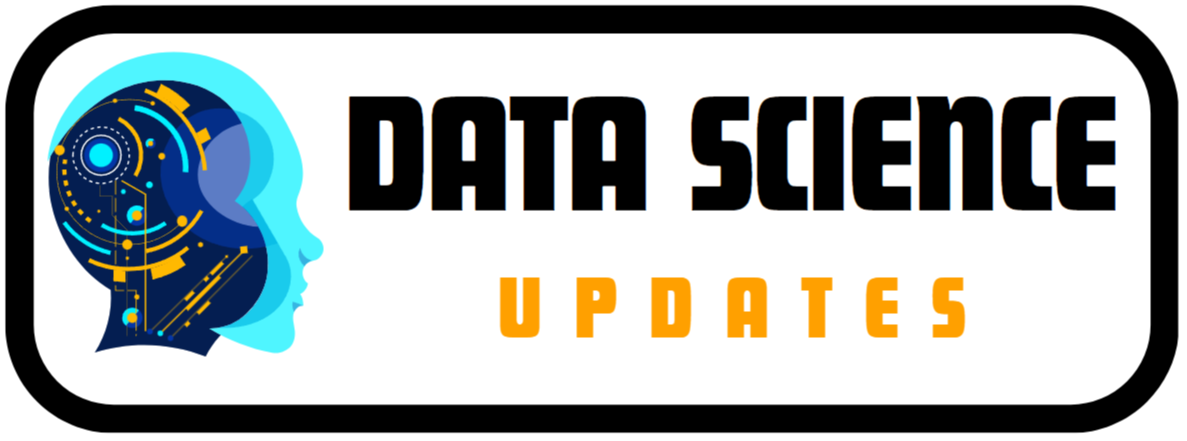In today’s data-driven world, data scientists play a critical role in helping businesses make informed decisions. If you’re aiming for a career in this field, understanding the data scientist eligibility and what it takes to succeed is crucial. This article outlines the key criteria to become a data scientist, especially in India.
1. Educational Qualifications
A strong academic background is the foundation for becoming a data scientist. Most employers expect candidates to have at least a bachelor’s degree in a relevant field, such as:
- Data Science
- Computer Science
- Statistics
- Mathematics While a bachelor’s degree may open entry-level opportunities, many top-tier companies prefer candidates with a master’s degree in data science or a related field. Postgraduate education can enhance your knowledge of advanced data techniques, giving you an edge over competitors.
2. Programming Languages
Proficiency in programming is a core requirement for data scientists. Some of the most widely-used programming languages in the field include:
- Python: Versatile for data manipulation, machine learning, and statistical analysis.
- R: Popular for statistical computing and data visualization.
- SQL: Essential for querying and managing databases.
- SAS: Often used in large organizations for advanced analytics. Having hands-on experience in these languages is key to securing a data scientist role. Learning multiple languages enhances your flexibility and broadens your opportunities.
3. Soft Skills
Beyond technical expertise, successful data scientists need strong soft skills:
- Communication: Effectively translating complex data insights into business language.
- Problem-solving: Applying analytical skills to solve real-world challenges.
- Critical Thinking: Evaluating data to make informed and impactful decisions.
- Teamwork: Collaborating with cross-functional teams.
- Business Acumen: Understanding the business context of data-driven decisions.
4. Machine Learning Expertise
Machine learning (ML) is at the heart of data science. Employers expect data scientists to be proficient in:
- Supervised and Unsupervised Learning
- Predictive Modeling
- Natural Language Processing (NLP)
- Neural Networks ML techniques are vital for developing models that make accurate predictions, uncover patterns, and automate data-driven decision-making processes.
5. Certifications
While degrees are important, specific certifications in data science tools and techniques can demonstrate your commitment and expertise. Some sought-after certifications include:
- Certified Analytics Professional (CAP)
- Google Professional Data Engineer
- Microsoft Certified: Azure Data Scientist Associate
- IBM Data Science Professional Certificate These certifications can give you a competitive edge and validate your skills in the job market.
6. Internships
For aspiring data scientists, hands-on experience is just as important as education. Internships provide practical exposure to real-world data problems and tools. Many employers value candidates with internship experience, as it shows that you can apply theoretical knowledge in a business environment.
Conclusion
To become a data scientist in India, you need a combination of education, technical skills, soft skills, and real-world experience. By meeting these eligibility criteria, you’ll be well-positioned to succeed in this growing field. Whether you’re just starting or looking to make a career switch, understanding the data scientist eligibility is the first step toward unlocking new opportunities.
